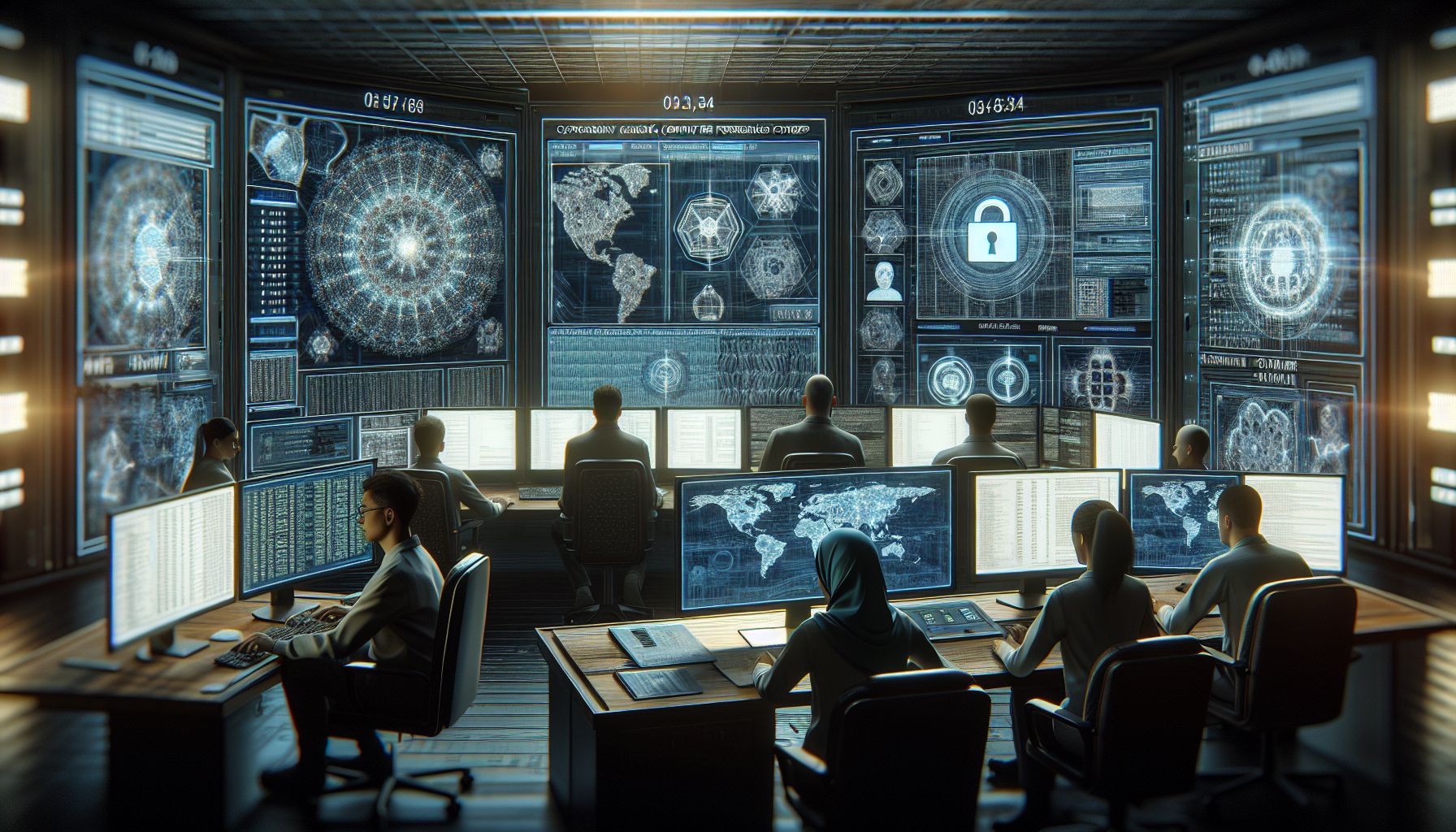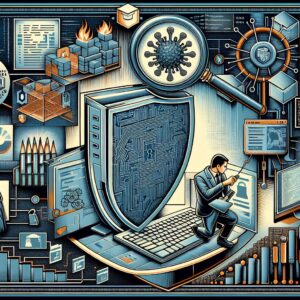In today’s digital age, cyber security and computer forensics have become more crucial than ever. With the constant threat of cyber attacks and data breaches, it is important for businesses and individuals to understand the importance of implementing robust security measures to protect their sensitive information.
Introduction to Cyber Security
Cyber security is the practice of protecting computers, servers, mobile devices, electronic systems, networks, and data from malicious attacks. These attacks can come in various forms, including viruses, malware, ransomware, phishing scams, and more. As technology continues to advance, so do the techniques used by cyber criminals to exploit vulnerabilities in systems and gain unauthorized access to valuable data.
The Importance of Cyber Security
Without proper cyber security measures in place, businesses and individuals are at risk of facing serious consequences, such as financial loss, reputational damage, legal ramifications, and even the loss of sensitive data. Implementing strong security protocols, such as firewalls, antivirus software, encryption, and multi-factor authentication, can help to minimize the risk of a cyber attack.
What is Computer Forensics?
Computer forensics is the process of collecting, analyzing, and preserving digital evidence to investigate and solve computer-related crimes. This field is instrumental in identifying the cause of a security breach, determining the extent of the damage, and gathering evidence to support legal proceedings against cyber criminals. Computer forensics experts use specialized tools and techniques to extract data from storage devices, identify patterns of behavior, and reconstruct events leading up to a security incident.
The Role of Computer Forensics in Cyber Security
Computer forensics plays a critical role in cyber security by providing the necessary tools and expertise to investigate security breaches, identify the source of the attack, and gather evidence to hold cyber criminals accountable. By conducting thorough forensic analysis, businesses and individuals can gain valuable insights into how the breach occurred, what data was compromised, and how to prevent similar incidents in the future.
Best Practices for Cyber Security and Computer Forensics
To effectively protect against cyber attacks and enhance security measures, it is essential to follow best practices in both cyber security and computer forensics. Some key tips include:
- Regularly updating software and security patches to address known vulnerabilities
- Implementing strong password policies and regularly changing passwords
- Conducting regular security audits and risk assessments to identify potential weaknesses
- Training employees on cyber security best practices and how to recognize and report suspicious activity
- Working with experienced computer forensics professionals to investigate security incidents and gather evidence for legal proceedings
By following these best practices and staying informed about the latest trends in cyber security and computer forensics, businesses and individuals can better safeguard their data and protect themselves against potential threats.
Conclusion
In conclusion, cyber security and computer forensics are essential components of modern-day security practices. By understanding the importance of these fields and implementing strong security measures, businesses and individuals can protect themselves against cyber attacks and mitigate the impact of security breaches. Through the use of advanced tools and techniques, such as firewalls, encryption, and forensic analysis, we can work together to create a more secure and resilient digital environment.
Remember: safeguarding your data is not just a good practice, it’s a necessity in today’s interconnected world. Let’s continue to prioritize cyber security and computer forensics to keep our information safe and secure.




